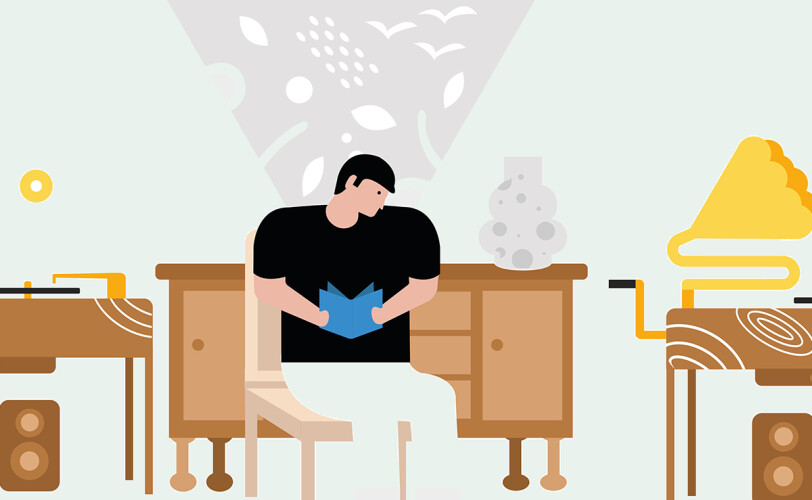Why men don’t speak out and ask for help
Our society too often labels men as the strong ones, a rock, and that they shouldn’t need to ask for help. Then men believe that if they do, they will be seen as weak.

They often hide their fear and anxiety behind aggressive, bombastic behaviour, many times retreating to their man cave to lick their wounds, only coming out when they feel it’s blown over and forgotten. Or they seek solace in alcohol or drugs.
How often are they told:
- man up
- don’t be a girl
- get over yourself
Their male friends and mates suggest they go out and get drunk, or laid to get over whatever they are going through, and assures them that will make them feel better. But it doesn't. They sink further into depression or their anxiety increases. They feel they have nowhere to go. Often they don't understand what is going on, so they repeat their unhelpful behaviours, creating a vicious cycle.
Others bury themselves in their work, becoming workaholics. They are using avoidant tactics, and work gives them a feeling of success and achievement, but many times at a cost to their relationships with their partners and children.
As children, girls are more likely to receive a cuddle and reassurance when they hurt themselves. Whereas, boys are told to get up and stop crying.
Boys and men see crying as a sign of weakness and are fearful of being ridiculed. Is it any wonder they don’t show their feelings or ask for help?
We, as women have to take some of the responsibility for this. As mothers, siblings, partners and wives it’s so easy to damage a man’s sense of being, and self-worth, without realising it. Those giveaway lines, made flippantly, in joking or anger. Words that sting and are wounding, just as easily as it does to females.
My personal memory
I recall my mother continually recounting the story of how she had married a man, but he returned from war a mouse. She showed no remorse or compassion in making that statement about and in front of my father. My mother effectively emotionally castrated my father.
My father had fought for his country during WW2, to make it a better place for his family and his country. He was wounded in battle, captured twice, escaping the first time from a prisoner of war camp, and then recaptured. Only being released at the end of the war.
He went through all of that and instead of being treated as a hero by my mother, he was ridiculed. I cannot imagine the horrors he experienced. He never spoke of them, holding the traumas he experienced within until many years later he suffered a nervous breakdown.
Suicides are on the increase
We are witnessing more and more teenage boys and men taking their lives because they cannot face the shame of what they see as failure, of speaking out and being ridiculed.
We need to change this culture and show the men in our lives compassion, and that they won’t be dismissed. That it’s ok not to be ok.

Find a therapist dealing with Post-traumatic stress disorder (PTSD)
All therapists are verified professionals






